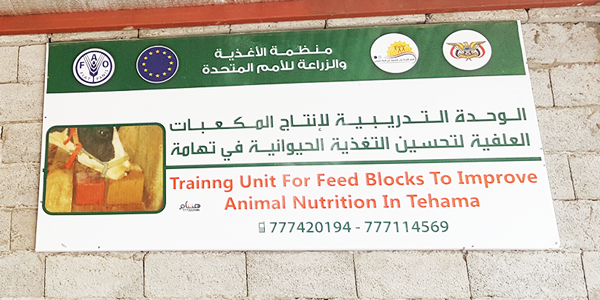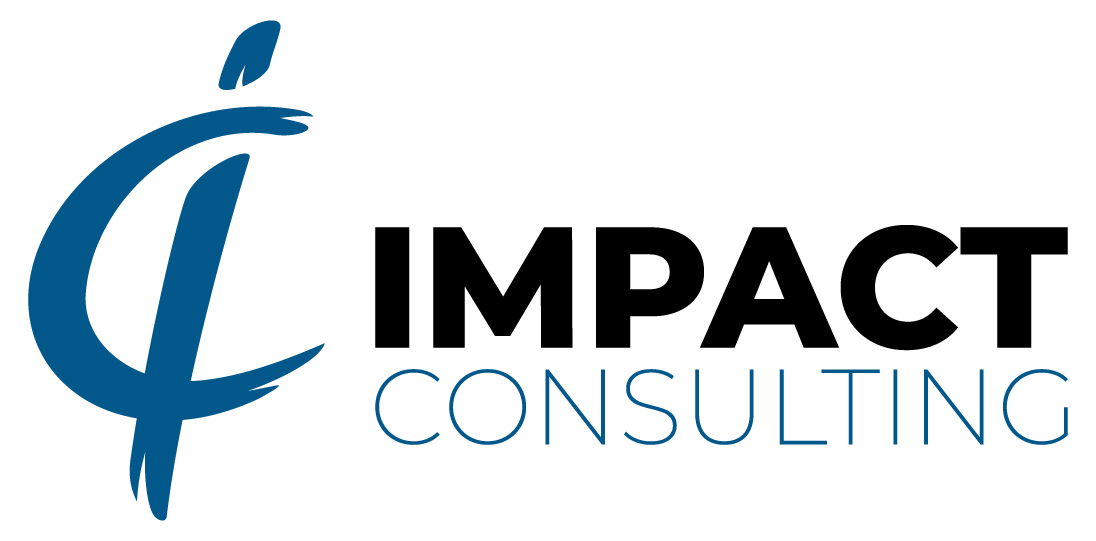The Enhance Rural Resilience in Yemen ERRY programme is funded by the European Union @europeaid as a humanitarian development nexus project as of 2018 with over $35 million USD. The three-year programme is expected to continue into ERRY II with another $50 million USD. The program is a joint effort by four implementing UN agencies including UNDP, ILO, WFP,
The overall objective of the programme is to enhance the resilience and self-reliance of crisis-affected rural communities through support to livelihoods stabilisation and recovery, local governance and improved access to sustainable energy. This objective will be achieved through a complementary approach building on participating agencies’ comparative advantages through the following two outcomes:
ERRY has two outcomes:
Outcome 1: Communities are better able to manage local risks and shocks for increased economic self-reliance and enhanced social cohesion.
Outcome 2: Institutions are responsive, accountable and effective to deliver services, build the social contract and meet community identified needs.
Within its three-year timeframe, the following results will be achieved:
- Community livelihoods and productive assets are improved to strengthen resilience and economic self-reliance;
- Communities benefit from improved and more sustainable livelihood opportunities through better access to solar energy;
- Informal networks promote social cohesion through community dialogue and delivery of services;
- Increased capacity of local actors and strengthened partnership with the private sector to enhance collective actions, delivery of aid and economic recovery.
Implementing Partners
Activities are locally implemented by the following partners: For All Foundation, Search for Common Ground, Partners Yemen, the
Sustainable Development Foundation, Vision Hope, Islamic Relief Yemen, CARE, the Social Fund for Development, the
Foundation for Development, the Small And Micro Enterprise Service, the Youth Leadership Development Foundation, and the Ministry of
Agriculture and Irrigation (MAI).
Sample Activitiess
FAO has

Reports
Fact sheet, Aug 2018
Annual report 2017
Impact
According to the report, the following are the impact of the project:
- The beneficiaries’ food security level has been improved;
- Access to food and cash improved; households asset created for those who participated in the schemes and for the whole community;
- Access to water sources, access to markets, schools, health services improved due to rehabilitated/constructed community assets;
- Increasing and diversifying women livelihoods and income sources through training target women and creating and building women handicrafts workshops.
